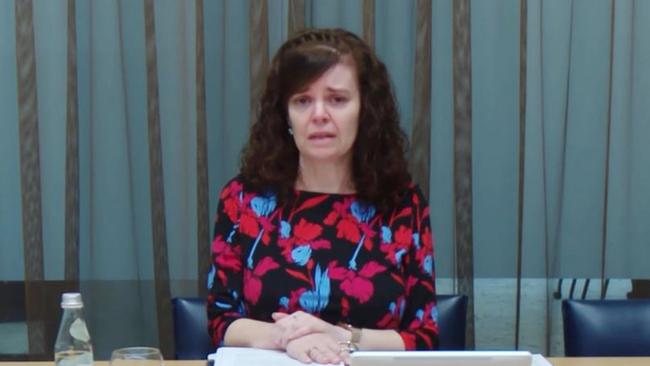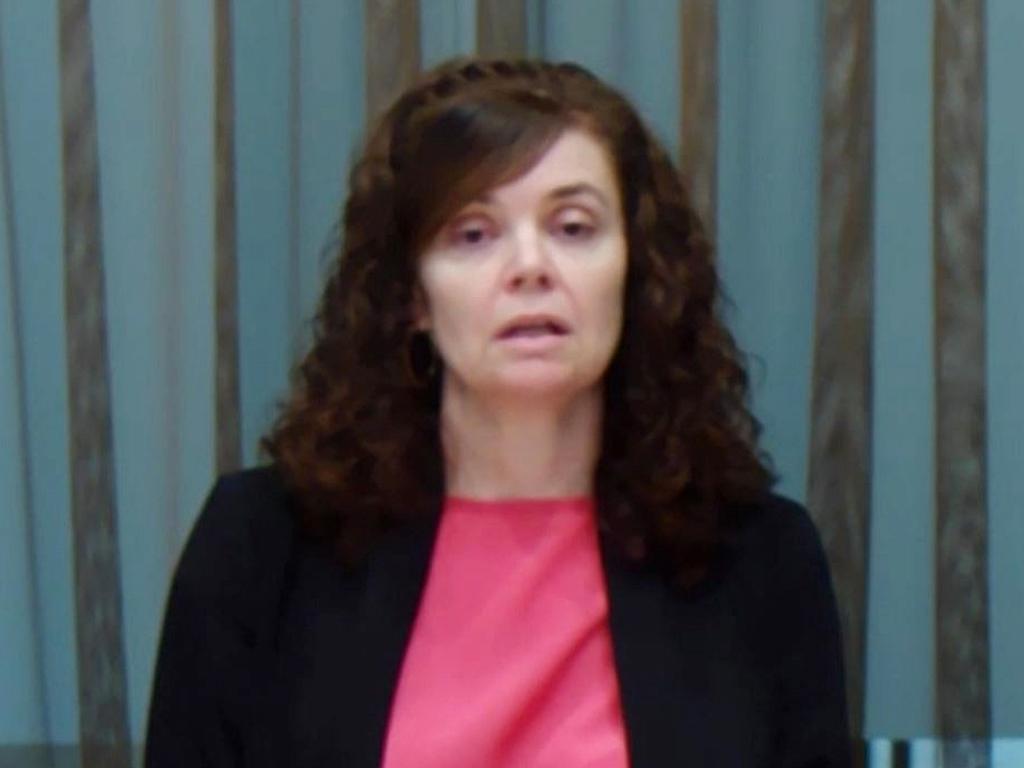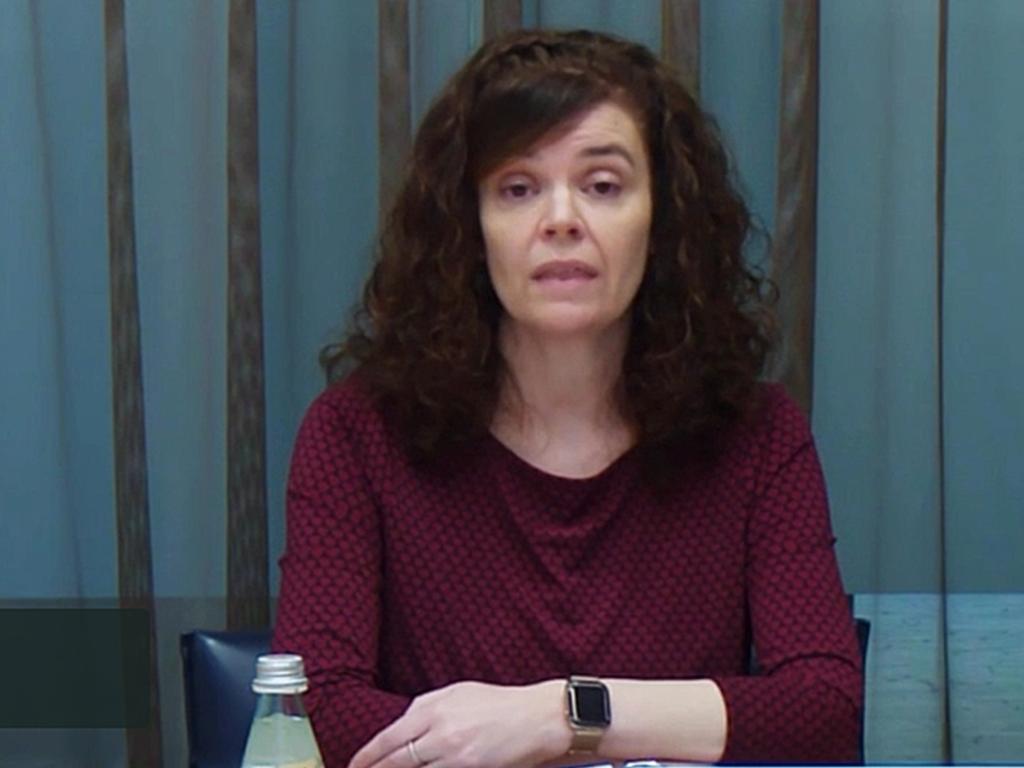Queensland a decade behind on DNA test methods
Queensland sexual assault victims have been denied access to DNA profiling techniques that have been offered in other jurisdictions for almost a decade.

Queensland sexual assault victims have been denied access to DNA profiling techniques that have been offered in other jurisdictions for almost a decade and which give police a better chance of catching attackers.
Forensic experts Rebecca Kogios and Heidi Baker made 47 recommendations to a royal-commission-style inquiry probing Queensland’s troubled DNA lab on Tuesday.
They found the lab had failed to meet “best practice” on a series of measures, including the decision not to examine samples below an unprecedented testing threshold and a “factory-style” approach to testing evidence from violent crimes.
The Commission of Inquiry into Forensic DNA Testing in Queensland, launched as a result of The Australian’s podcast Shandee’s Story, has heard the state had been trying to introduce Y-STR testing since 2015.
The method enables the detection of tiny amounts of male DNA in mixed profiles that might be masked by female DNA and has been “revolutionary” in sexual assault investigations.
Dr Kogios and Ms Baker said Y-STR testing has been available for more than a decade and used in every other Australian lab for at least the past five years.
“Forensic testing can provide invaluable support in (sexual assault) cases, however this requires routine access to techniques over and above the standard DNA testing offered by Queensland Health Forensic and Scientific Services,” they wrote.
“Ready access to in-house Y-STR testing would significantly improve QHFSS sexual assault investigation capabilities.”
Dr Kogios and Ms Baker found Queensland’s lab offers only standard DNA testing and does not have mixture-matching capability, enhanced detection methods for degraded samples, or the ability to interpret five-person mixtures. “Sub-contracting of samples to other (labs) for specialist forensic techniques also appears to be used very sparingly,” they said, noting police decide when to outsource testing.
Unlike other government-run labs in Australia, Queensland has no staff or funding for dedicated research, which makes it difficult to keep pace with forensic developments, they found.
Dr Kogios said the lab had been trying to introduce Y-STR testing for years but had been “hamstrung” by pressures to get results out the door and a lack of research funding.
Stood-down managing scientist Cathie Allen, who concluded four days of evidence on Tuesday, said she had been under sustained pressure from senior bureaucrats to cut costs and her previous requests for extra funding had not progressed.
The inquiry has heard Ms Allen was behind a 2018 decision to introduce a new DNA testing threshold that was designed in part to save the laboratory time and money but resulted in crucial evidence being ignored for almost five years.
Ms Allen said she had put forward a number of requests for more resources during her 14 years as managing scientist but “additional funding was not forthcoming”.
“The difficulty with trying to obtain resources for either of my two teams is extremely stressful,” she said. “Trying to do more with less is really difficult.”
A Queensland Audit Office report from 2019 details that, despite a 21 per cent increase in the number of DNA exhibits analysed from 2013-14 to 2017-18, staff were cut and the budget shrunk by $1m.
Ms Allen told the inquiry after this report was released, the Palaszczuk government implemented a “debt and savings strategy” across the whole public service.
“In this current financial year, I have been asked to save $1.2m from the police services stream budget,” she said.
Queensland Health director-general Shaun Drummond has told the inquiry there was enough money in the department’s $24bn budget to cover the cost of continuing to test DNA below the threshold, but the lab made no formal funding requests. Ms Allen’s former manager, Paul Csoban, confirmed he never sought specific funding for the DNA lab because he did not think it would be approved.
Counsel for the Queensland Police Service, Jeff Hunter KC, also grilled Ms Allen about her decision to change a document compelled by the inquiry.
“In what universe did you think it was okay to amend a document that was being asked for by this commission?” Mr Hunter asked.
Ms Allen said she believed the document contained a “mistake”, and gave Queensland Health lawyers both the original and an amended version.






